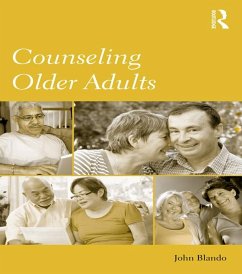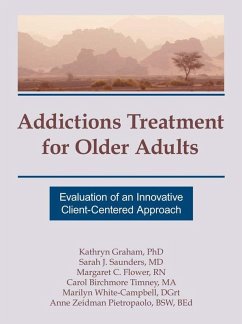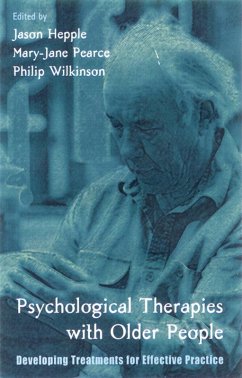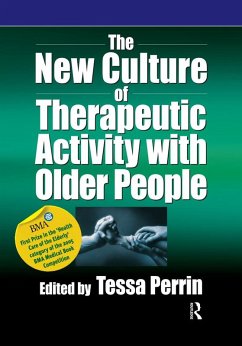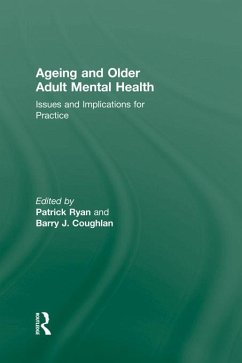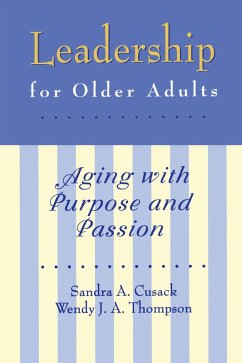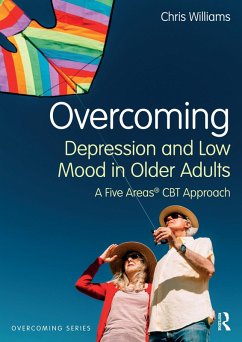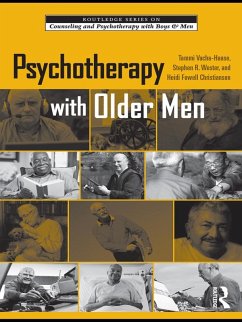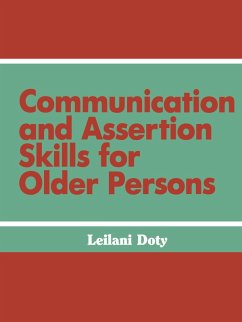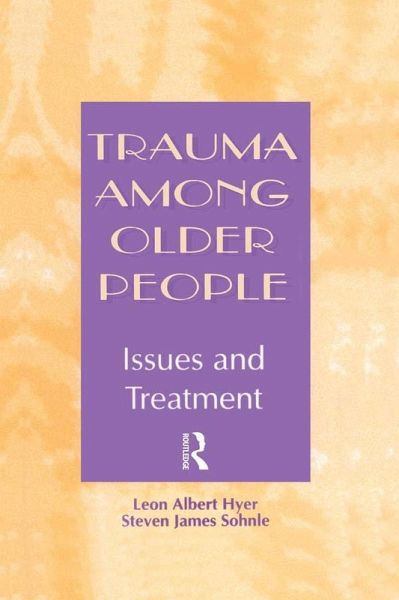
Trauma Among Older People (eBook, PDF)
Issues and Treatment
Versandkostenfrei!
Sofort per Download lieferbar
35,95 €
inkl. MwSt.
Weitere Ausgaben:

PAYBACK Punkte
18 °P sammeln!
Trauma Among Older Adults presents an integrative model of treatment that considers current theories of treatment in light of special considerations relating to elderly patients. The book provides case studies, vignettes, and discussions, and demonstrates the importance of considering the personality, memory, and familial history of an elderly individual who has suffered a trauma.
Dieser Download kann aus rechtlichen Gründen nur mit Rechnungsadresse in A, B, BG, CY, CZ, D, DK, EW, E, FIN, F, GR, HR, H, IRL, I, LT, L, LR, M, NL, PL, P, R, S, SLO, SK ausgeliefert werden.




